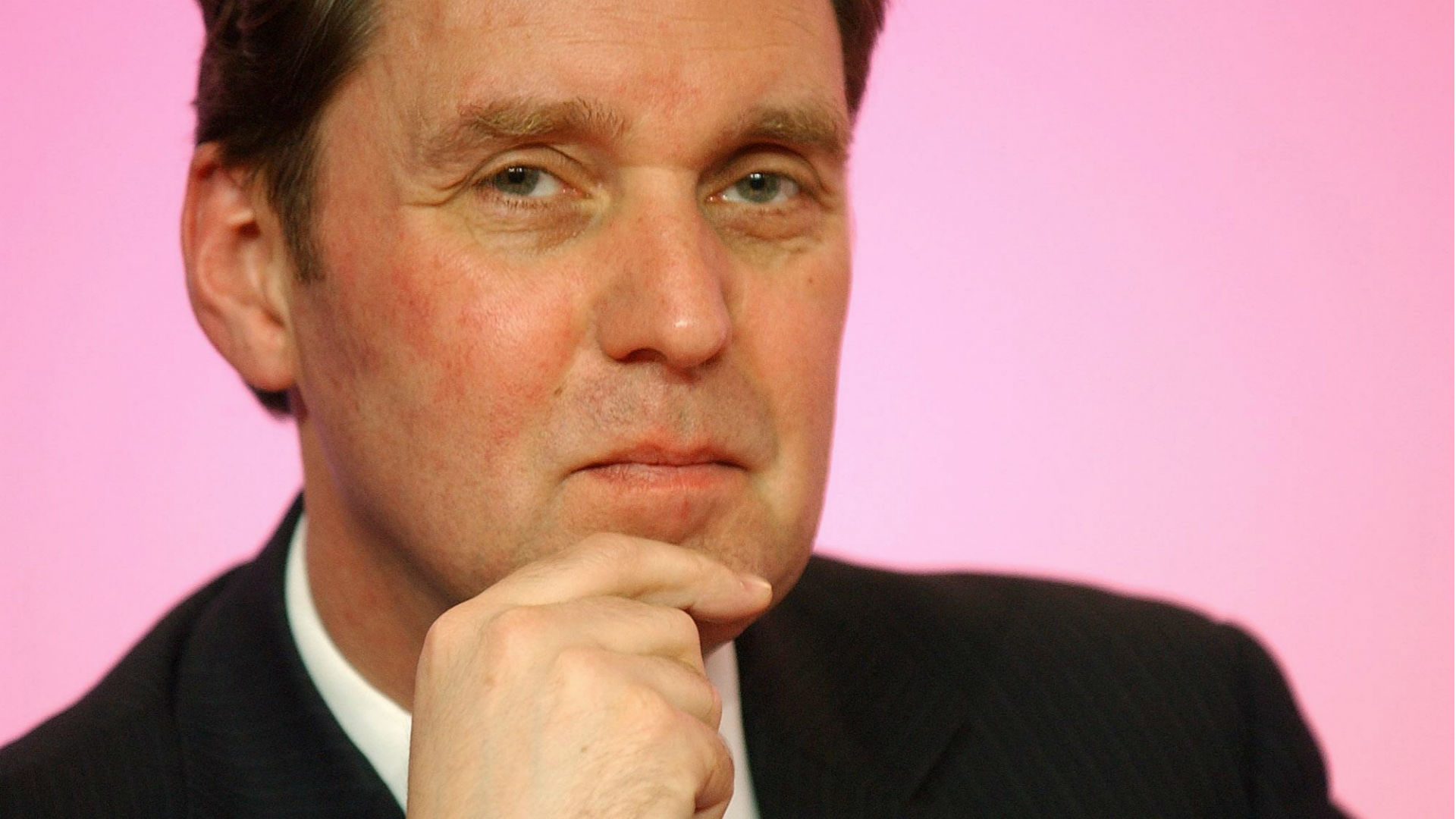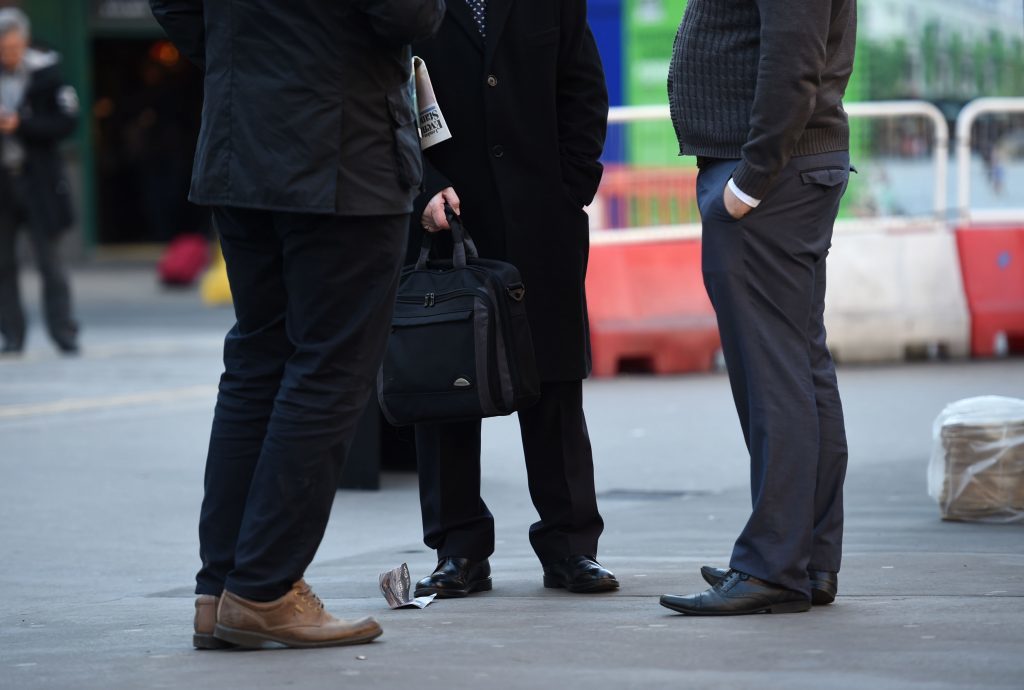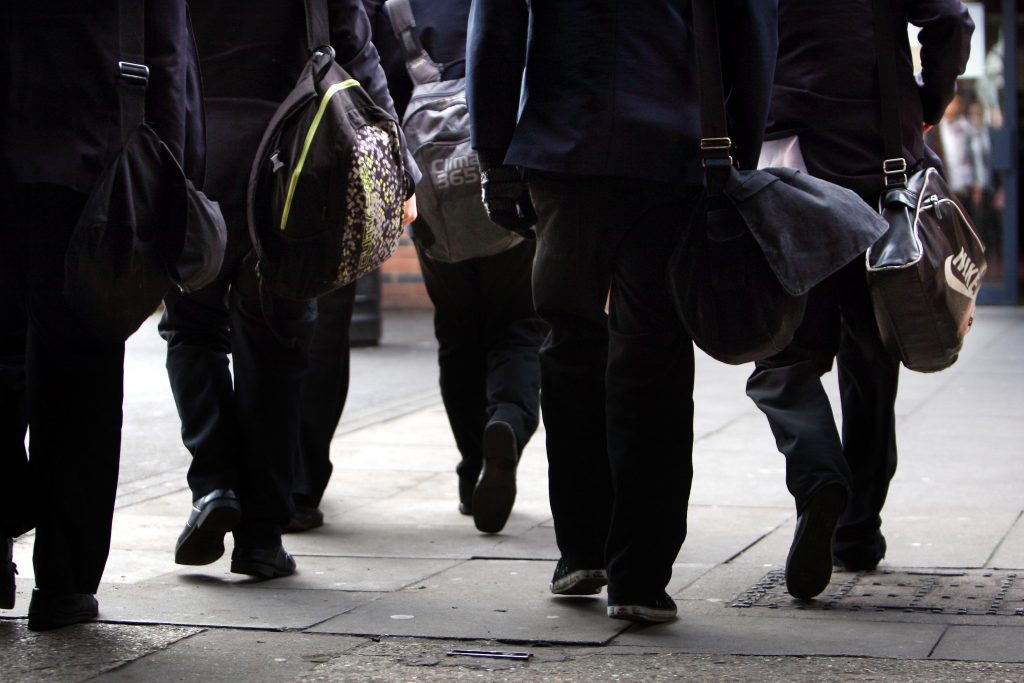
BRITAIN’S “deep social mobility problem” is getting worse for young people, a former cabinet minister has said after research found that 51% of 18 to 24-year-olds believe social background determines chances of success in life.
Alan Milburn, chairman of the Social Mobility Commission, said young people “feel like they are on the wrong side of a profound unfairness” in society.
The Government advisory body’s findings, based on a poll of almost 5,000 people by YouGov conducted before the General Election, showed that 40% of those aged 65 and over also thought a person’s background and family was the main factor in where they end up in society.
"We have to make sure we don’t let anyone’s talent go to waste." Read @JustineGreening speech on #socialmobility https://t.co/6BgBPKJiuW pic.twitter.com/wlSCbM9yIl
— DfE (@educationgovuk) March 30, 2017
Less than a third of those surveyed – 32% – believed everyone has a fair chance in life regardless of their background.
According to the research, 30% of young people thought it was becoming easier to move up in British society, and a fifth believed they have better job security than their parents.
It also found that 49% identified as working class, while 23% who said that they grew up in a working class family thought their social background had held them back in their working life.
Only 1% of people said they were upper class.
The poll pointed to a geographical divide, with 71% claiming there were “fairly or very” large differences in opportunity depending on where a person lives.
People in Scotland, Wales and the North East were the most likely to think that such differences exist.
The research also found that more than three-quarters (76%) thought that poorer people have less opportunity to go to a top university, and 66% thought poorer people have less of a chance of a professional career.
Former Labour minister Mr Milburn said: “Young people increasingly feel like they are on the wrong side of a profound unfairness in British society – and they are unhappy about it.
“Down the generations, hope has been a defining characteristic of the young, but this poll suggests that today youthful pessimism is becoming the norm. There is a stark inter-generational divide about Britain’s social mobility prospects.”
He said the country’s “deep social mobility problem, for this generation of young people in particular, is getting worse not better”, and that the “20th century promise that each generation would be better off than the preceding one is being broken”.
Mr Milburn added that the research was a “wake-up call for the new government”, and said: “Cracking Britain’s social mobility problem has to become its defining domestic priority.”

Enjoy the convenience of having The Sunday Post delivered as a digital ePaper straight to your smartphone, tablet or computer.
Subscribe for only £5.49 a month and enjoy all the benefits of the printed paper as a digital replica.
Subscribe
